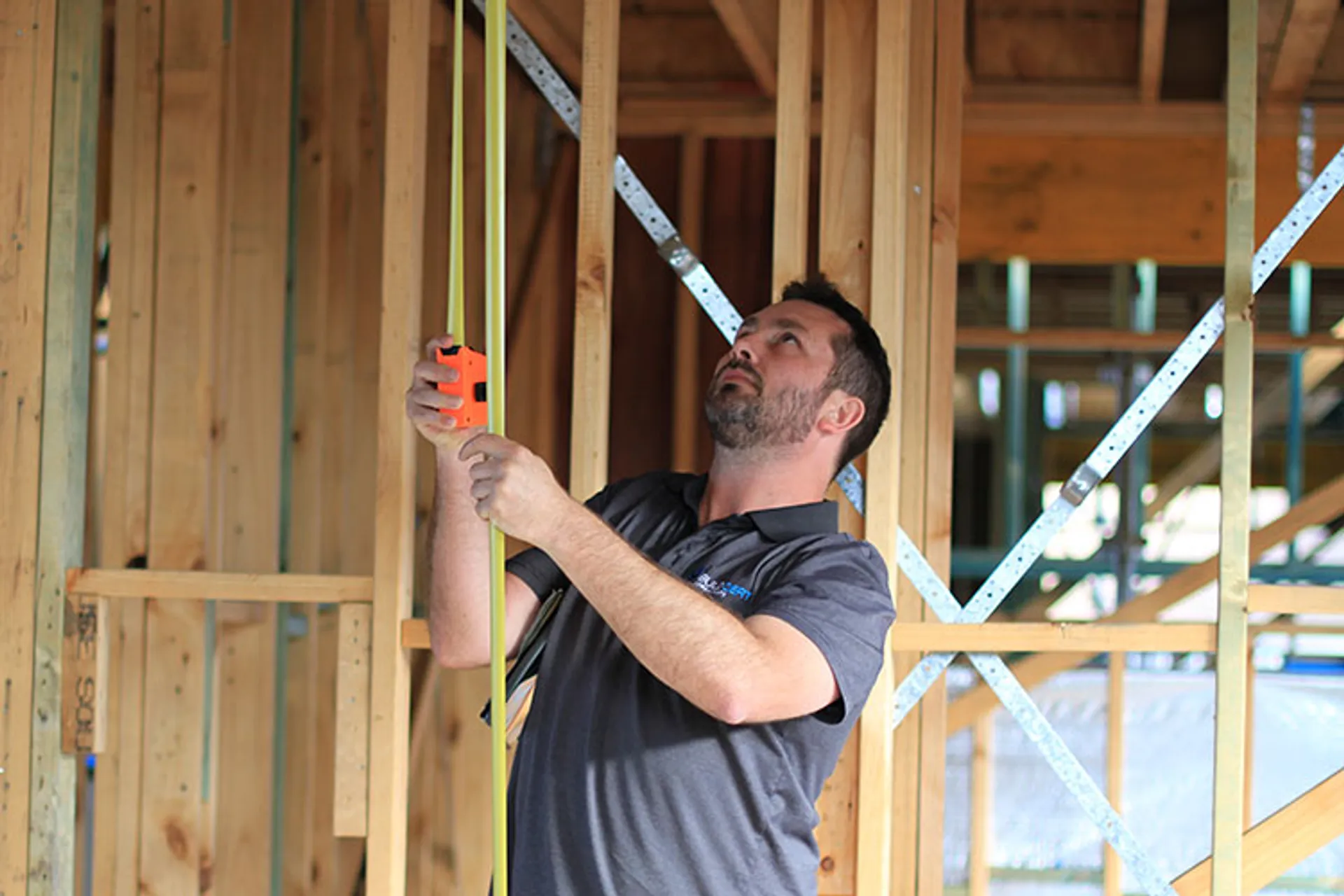
Elk Architecture
NSW Commercial

There is little understanding of the statutory role and responsibilities of Accredited Certifiers. This release addresses the major myths surrounding certification in NSW.
Accredited Certifiers do not check that tiles are laid square or that paint is applied properly or that doors swing without creaking or rubbing. Those tasks are the role of the site supervisor, foreman, or clerk of works (depending on the size of the job).
Accredited Certifiers are only required to carry out mandatory critical stage inspections as set out in the relevant legislation. These inspections are very limited and rely on the work completed by the tradesperson in a professional manner and ensure that the conditions of approval have been met.
According to the legislation, Accredited Certifiers are contracted and engaged only by the person with the benefit of the development consent, that is, the owners.
Furthermore:
It’s important to note that the same rules apply to all Accredited Certifiers, whether they are employed in a Council or by a private company.
In the same way that you can’t walk into a Council and say “here is a Development Application. I will pay you when it’s approved,” you can’t pay an Accredited Certifier after the event either. Payment must be made at the time of making the application. This is required by law for the exact purpose of making sure Accredited Certifiers don’t feel pressured to approve something or they won’t get paid.
There is no evidence of wrongdoing by the relevant Accredited Certifier in the Opal Tower structural defect matter, as found in the , which stated: “While it was not within the scope of our review to look closely at the certifications that took place on the Opal Tower, we found no evidence that the building certifiers had been deficient in regards to statutory expectations.”
Accredited Certifiers issuing building approvals are not responsible for self-certification, or self-regulation, and are prohibited by law to certify their own design work. Accredited Certifiers are however entitled to rely on, in good faith, other building professionals (such as structural engineers when approving structural design etc) and are also entitled to rely on certification by the licensed people doing the physical work to verify their work complies and has met the statutory requirements.
Unlike many building practitioners, including some builders, contractors, tradesmen, designers and installers, Accredited Certifiers are accredited by the NSW Government through the Building Professionals Board (The Board).
The Board accredits Accredited Certifiers to issue construction, occupation, subdivision, strata, compliance and complying development certificates under the Environmental Planning and Assessment Act 1979 (EP&A Act), Strata Schemes (Freehold Development) Act 1973 and Strata Schemes (Leasehold Development) Act 1986.
To find out more about the role of Accredited Certifiers and AAC, visit the Association of Accredited Certifiers.